Artificial Intelligence vs Machine Learning vs Data Science
Modern technologies like artificial intelligence, machine learning, data science and big data have become the buzzwords which everybody talks about...
7 min read
Sales : Jan 26, 2018 12:00:00 AM
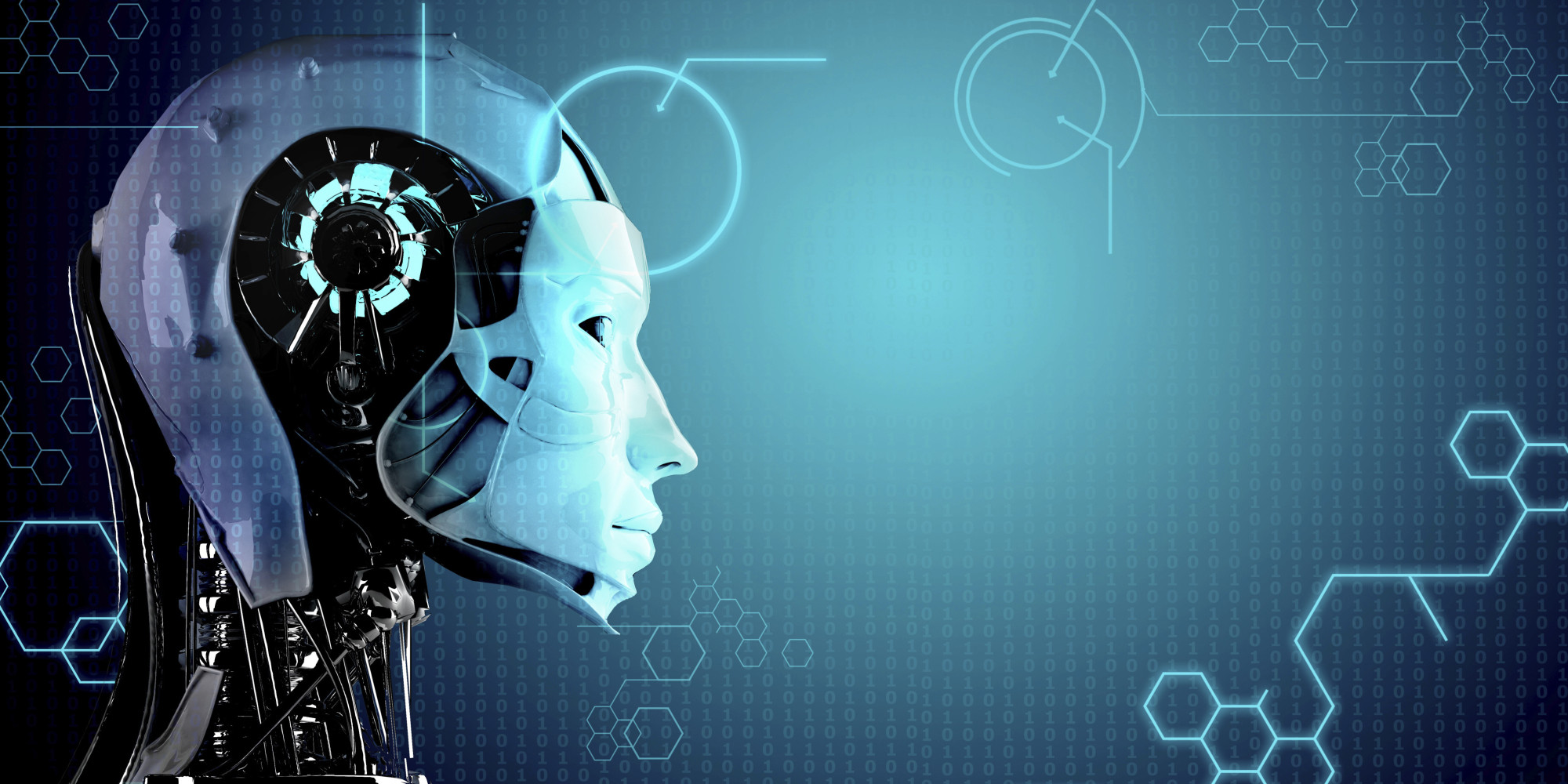
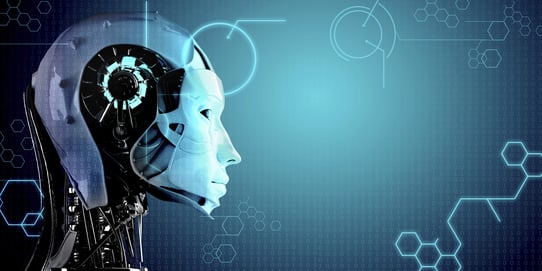
Artificial intelligence has dramatically changed the business landscape. What started as a rule-based automation is now capable of mimicking human interaction. It is not just the human-like capabilities that make artificial intelligence unique. An advanced AI algorithm offers far better speed and reliability at a much lower cost as compared to its human counterparts.
Artificial intelligence today is not just a theory. It, in fact, has many practical applications. A 2016 Gartner research shows that by 2020, at least 30% of companies globally will use AI in at least one fragment of their sales processes. Today business across the globe are leveraging artificial intelligence to optimize their process and reap higher revenues and profits. We reached out to some industry experts to share their outlook on the applications of artificial intelligence. Here are the insights we received:
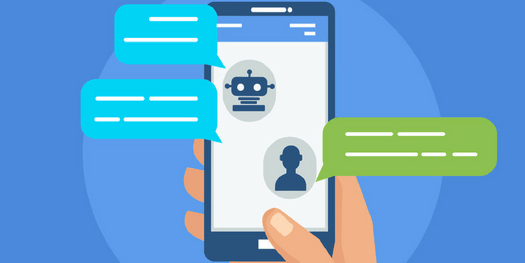
Artificial intelligence continues to be a hot topic in the technology space as well as increasing its inception into other realms such as healthcare, business, and gaming. AI-powered chatbots in enterprises will also see an influx of people get more comfortable with how AI can actually benefit businesses versus, say, take away their jobs. From an analytical standpoint, AI can be incorporated into interfaces to change how they receive and understand data.
Chatbots, in particular, are always on, delivering smart and flexible analytics through conversations on mobile devices using standard messaging tools and voice-activated interfaces.This dramatically reduces the time to collect data for all business users, thereby accelerating the pace of business and streamlines the way analysts use their time, preparing companies for the growing data needs of the near future.
- Adrien Schmidt, CEO of Bouquet - worlds first AI-powered chatbot that turns data analytics into meaningful conversation.
Artificial Intelligence technology provides a competitive edge to e-commerce businesses and is becoming readily available to companies of any size or budget. Leveraging machine learning, AI software automatically tags, organizes and visually searches content by labeling features of the image or video.
AI is enabling shoppers to discover associated products whether it is size, color, shape, or even brand. The visual capabilities AI is improving every year. By first obtaining visual cues from the uploaded imagery, the software can successfully assist the customer in finding the product they desire. Many e-commerce retailers are already becoming more sophisticated with their AI capabilities, and I only expect this to grow in the future.
- Ian McClarty, President, PhoenixNAP Global IT Services @phoenixnap

Current business communication is overloaded with content, channels, tools, and so-called solutions, depriving individuals (and companies) from hitting targets while also harming work-life balance. Artificial Intelligence will help businesses improve communication internally and externally by enabling individual personalization for each professional, allowing for enhanced focus and increased productivity.
With such AI personalization, each individual will be empowered thanks to an intelligent virtual assistant, helping take care of mundane or repeatable tasks, save time by understanding your needs and goals, as well as recommend next-best-action to take…as to utilize time much more efficiently, without requiring any extra effort. In the short to long run, business processes will improve, innovation will grow as employees will clear their tasks, and stress may decrease.
- Eran Abramson, Head of Marketing at Knowmail @Knowmail
AI and Machine learning are going to drastically and irrevocably change how HR and recruitment work in every company and this is going to be awesome. In fact, HR is likely to be one of the first areas of business that will benefit from AI for two simple reasons. Firstly there are tons of top quality data in HR, and secondly, HR is one part of any company that is both essential and yet feels the pressure of time.
If aspects of the recruiting and HR job can be automated, the HR workers can have the freedom to directly work with people in the business or potential hires, spending the quality human time necessary for a great HR department. It might seem paradoxical but the more Artificial Intelligence a company deploys in HR, the more 'Human' a company it can be.
Artificial Intelligence will essentially take out all of the "worst" elements of every HR professionals job (mundane screening, time-consuming paperwork, and annoying data entry) as well as deliver powerful tools and insights are a bonus to make their work better. HR's automatic generation of top quality data and the incredible benefits of AI make it one of the first places to experience the 4th industrial revolution.
- Xavier, Co-Founder, and CEO, PLATO Intelligence - an AI-based HRMS. @XavierParker116

In the year ahead, and particularly in the next five to ten years, artificial intelligence is going to have a big impact on the healthcare industry and the ways in which healthcare related companies utilize AI. Here is a short note from Dr. Jeff Dunn, CEO of Redivus Health. Redivus Health is a transformative mobile app used by healthcare providers to prevent medical errors by offering both clinical decision support during critical medical events as well as documenting those events electronically in real time.
AI presents opportunities for our application to take the data we have gathered from patients and be able to clinically innovate to improve patient outcomes to an even greater extent. AI improves reliability, predictability, and consistency with quality and patient safety. For us, AI, as applied to software, is used as a decision augmentation tool, but it should not have free reign without human interaction and guidance. While it can’t replace doctors and nurses, it can make them more effective, efficient and happier on the job as it takes the cognitive burden off our providers – which increases confidence as well as reduces stress and anxiety.
In regard to cybersecurity, Artificial Intelligence is making great strides. Although AI is considered to be in its infancy in cybersecurity and cannot always effectively address all issues, it works successfully in data protection. AI allows companies to detect vulnerabilities or anomalous user behavior in such business applications as ERP or Financial systems.
A system of behavior anomalies analysis in computer systems resembles the world’s most protected airport: when you are on the way to it, the security system has enough time to analyze your identity; you are examined by cameras and in case of any signs of danger, you are intercepted. Deep learning is empowered to see if a user has any suspicious activity. So, even if attackers have penetrated into a victim’s system, they start taking actions that differ from the usual ones and as a result, they do not leave unnoticed and their damage is prevented.
- Alexander Polyakov, CTO, Co-Founder of ERPScan @sh2kerr

When combined with customer data and analytics, physical artificial intelligence removes friction from the customer experience. Artificial intelligence empowers businesses to act on consumer data to drive improvements throughout many areas of supply chain operations. Mobile technology and the “Uberization” of things have made consumers hungry for AI.
Consumers demand shorter delivery waits from retailers and retailers will expect the same from manufacturers and distribution centers. Autonomous trucks and robotic picking systems allow supply chains to make fulfillment seven days a week. Within the next five years, the shipping term “business days” will become obsolete as consumers expect delivery on nights and weekends.
- Matthew J. Brosious, CEO FreightCenter, Inc. @FreightCenter
In its article Sports trading and AI: Taking the human out of sports betting, Gambling Insider argues that, “Just as more scientific analysis of sport is changing how coaches, trainers, and clubs play their respective games, greater analysis of sporting events is helping odds making database operators evaluate the potential permutations of each sporting event, increasing the accuracy of that respective odd and thereby making the subsequent odds determination easier.”
Human traders cannot compete with artificial intelligence when it comes to analyzing huge volume of data. With AI we can perform analysis of the vast volume of sporting analysis data available to maximize our accuracy when it comes to predicting future outcomes. This proves especially fruitful in today’s expansive betting market, where a large number of games and bet types are offered to an increasingly insatiable betting public.
For most customers when it comes to AI or Machine Learning, the magic happens when vast amounts of data can be streamed at milliseconds from the machine and process data of various databases. This provides actionable insights that can help these customers reduce non-productive downtime, predict failures or build a “golden batch” that can be benchmarked across all production lines.
An example is a global adhesive manufacturing customer that is pulling data from their lab systems where the raw material is brought in and tested for quality. Data is also being pulled from what is called their “cooking process” where, based on dynamic conditions, AI and Machine Learning make real time recommendations about which materials to inject at what time to ensure continuity of the process. This helps the manufacturer keep a continual “golden batch” manufacturing of their products, improving yield and customer satisfaction.
- Rick Harlow, EVP and Head of Americas at Flutura Decision Sciences & Analytics @Flutura_IOT_SME

AI can help hotels/casinos discover customer segments that they may not realize were there. Which customers want to be near the pool, which ones need three morning papers before they can tackle the day. Armed with this kind of information, hotels can understand what matters the most to its guests at the individual level, enabling them to anticipate their guest’s needs before even the guests are aware of them.
Even more, hotels can understand key characteristics of their most profitable customers and recognize the next important ones when he or she happens to login onto the hotel’s online reservation system. The use of deep neural networks and image classifiers can analyze and parse images, which can enable hotel marketers to monitor the images that provide the highest booking conversion rate through each channel. AI can also be used to compute dynamic clusters of guests to create fluid segmentation in real-time.
Shopping online creates rich data footprints regarding the individual preferences, spending habits and preferred channels of individual consumers. Feeding these digital breadcrumbs into an AI-engine helps bring curated shopping journeys to mass audiences. Automated bots can create lifelike, seamless customer service experiences, addressing the consumer on their purchase history and known preferences.
On the marketing side, AI may deliver that extra dash of relevancy programmatic advertising has been waiting for all these years. On the consumer side, AI helps create individualized display ads that website visitors want to see, while on the accounting side, “the bots handle invoicing and payment for these transactions, giving marketers more time to focus on the big picture. With AI, predictive customer service and marketing could be just around the corner.
-Andrew Person, president of Intelligencia - a software consulting company. The above two use cases were shared by him during an interview with our team. @intelligenciaAI
As you can see that the use of artificial intelligence is prevalent in every aspect of the business. Today every company is in some way an IT company. Hence as a business leader, you need to move with the market and take steps to leverage this technology to its best possible extent.
Must Read: Artificial Intelligence vs Humans - Who'll Win?
At NewGenApps, we specialize in working on latest technologies. If you are looking for developers to help in your next endeavour then feel free to contact us. With over 10 years of experience in serving companies for varying IT requirements, we are capable of handling whatever queries come in our way.
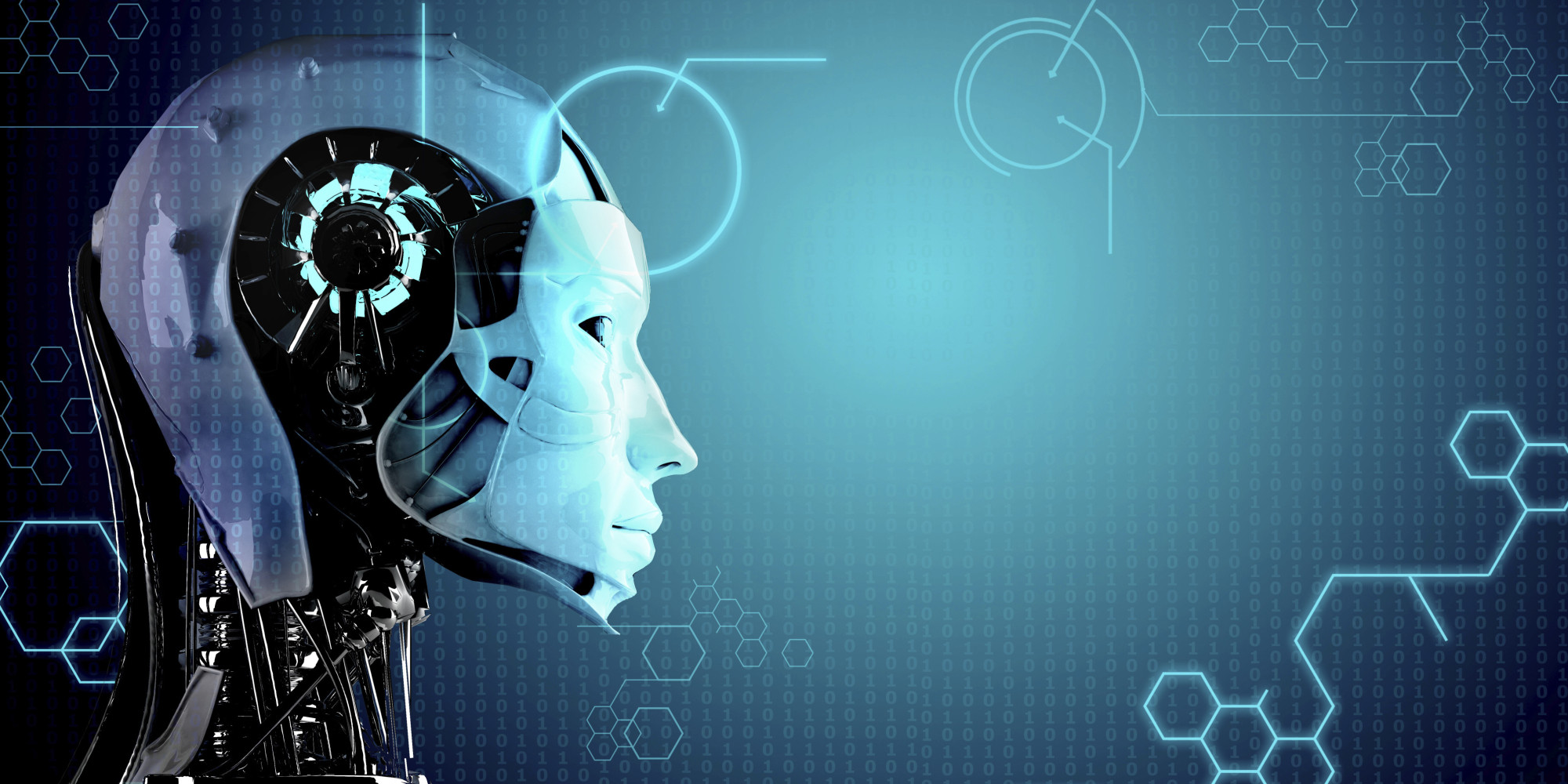
Modern technologies like artificial intelligence, machine learning, data science and big data have become the buzzwords which everybody talks about...
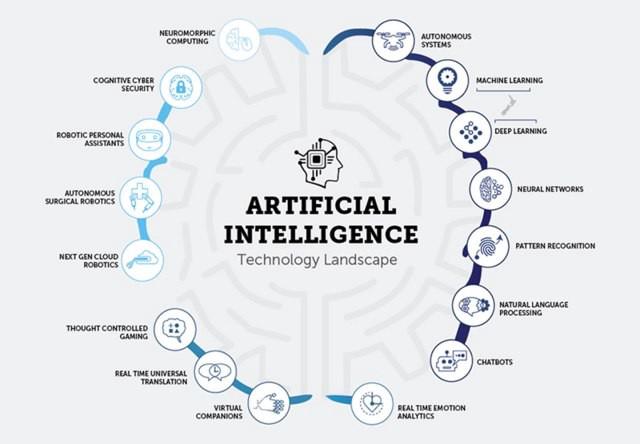
It all started in the early nineties, now artificial intelligence has taken the world with a storm. The whole 21st century is spinning around it,...
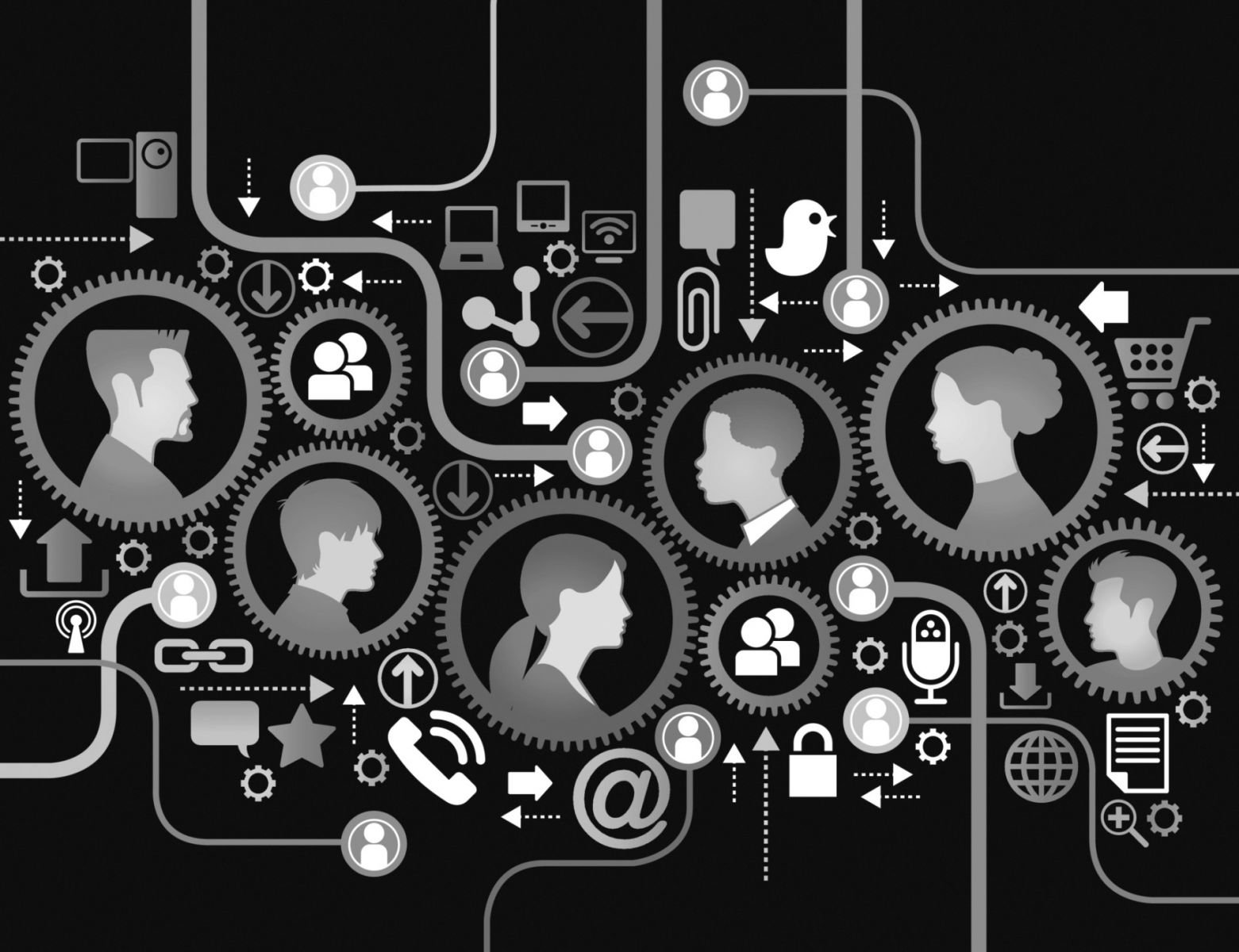
Since now artificial intelligence has been associated with sci-fi movies and robotics but the scenario has been changing and influence of artificial...